Discover the subtle clues indicating you're not writing from a place of intuitive flow
Sometimes people ask me, "How do I know if I'm writing intuitively or not?" I am looking forward to delving into this more in the coming weeks, and, as a starting point, it struck me that sometimes one of the easiest ways to know something is by its absence.
What does it look like when you're not writing from this place?
1. You can hear your inner critic.
Everyone's inner critic is unique. Yours has a particular style and a set of things she says or emphasizes more than others. But if we all recorded what ours say while writing and compared them with each other, we'd find vast similarities.
Some of the most common things you’ll hear when your inner critic shows up to your writing session are things like: This is just terrible. You'll never finish this, or if you do finish it, it'll be too difficult to edit because it’s so bad. What you’re writing makes no sense. No one, I mean no one, will want to read it, or if they do, they won’t understand it/like it/think its good/believe it…-And on and on.
If you notice any criticism – any – about your writing, your project or yourself as a writer, that's a telltale sign you're not letting your intuition guide your writing.
2. You're distracted.
If, before or during a writing session, you find your mind wandering to other things like chores or tasks you need to finish (laundry, dishes, permission forms, cleaning) or things you should be doing instead of writing (see above list), you’re not in an intuitive writing flow. This is also true if thoughts about other areas of your life—relationships, job, house, finances—show up or if you find yourself checking your phone or email while writing.
3. You're editing
There’s nothing inherently wrong with editing. In fact, our writing always asks us to review it, to play with how we might express something to make it as true as possible. And yes, to make sure it follows common grammar guidelines, so our readers aren’t distracted or unable to follow what we’re saying. But the time for doing that is not when you’re writing intuitively on your first draft, playing with creative writing prompts or otherwise writing something fresh and new.
If you catch yourself scratching things out, changing words, redoing sentences, or focusing on punctuation, you're in edit mode, not intuitive writing mode.
(Note: There are elements of your intuition that can help you with editing but looks different than this; we’ll explore more in a future article.)
4. You find yourself re-reading.
If you find yourself stopping after every sentence or two or even after a few paragraphs to reread what you wrote, this is closely related to number three. You’re either doing that to edit (or, rather, to make sure there isn’t anything you need to edit.) It’s a form of trying to maintain control of the creative process (with the unconscious aim to ultimately ensure whatever it is that your writing is actually good.)
Think of it as your logical mind wanting to be in charge. If you keep going back to what you've just written as you’re writing, you're trying to control the writing rather than letting the words and ideas flow intuitively.
5. You're stuck or struggling
Perhaps you just read a writing prompt and grab your pen and start writing. But after a sentence or two, or even a paragraph, you draw a blank. It’s like you've seized up, and you can't feel what's next. Maybe you then can eke out another sentence or two, but then you stop and switch to another direction for the scene. You write a few more sentences, then pause and change direction yet again. The writing feels like floundering.
If you feel stuck, blank, or uncertain about what comes next, and you're overthinking every sentence or direction, your logical mind has pulled you out of your intuition and is trying to take over the creative process.
Recognizing when you're not writing intuitively is the first step to being able to return. Getting back into an intuitive writing flow can be as simple as recentering yourself. Then you can let whatever comes to you simply arrive as you try to capture it as truthfully as you can onto the page.

